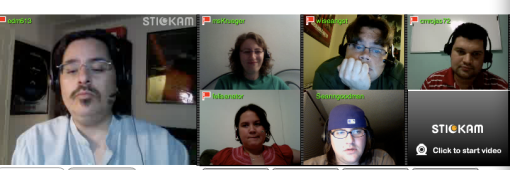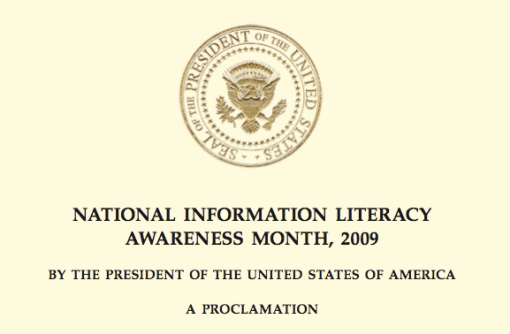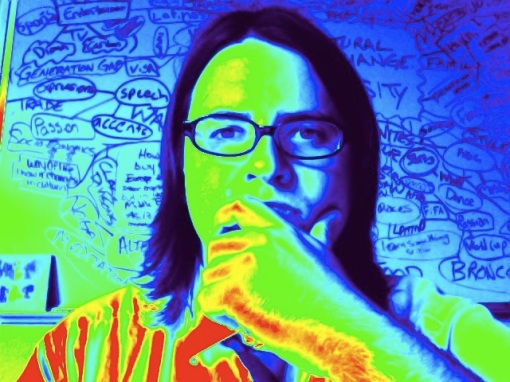Dear Mr. Bustillos,
I got my A because…
Walking in grace is not a natural process without a mindful awareness. In fact the art of grace is a very conscious effort to draw our intentions into the present. There is no better practice of prayer than living out your prayers. Native Americans felt this in their wisdom as they sought not prayers for rain but to be rain. Former war child of Sudan, Emmanuel Jal says, “if you think it, then you have done it.” In the same action of possibility we live in the present with the power to open our world and transcend our thoughts into reality. What begins is a process of living in the now. We come to full fill our vision by acting on our vision. This is not simply an esoteric assumption but a fact. If you lead your life with the possibility that you can live into your dreams the dreams become reality. The patience that it takes to recognize the moment of possibility can seem waning at times but a simple reconnection to yourself and your intentions can set the course back into motion. It is about being the you that you want to be. It is about being. It is about you. We all have this energy that transcends even the most evolved scientists. Harness the energy and live in the present. As you do so, your gift to other becomes your light, or energy. That energy radiates from within and can be contagious… so if you want peace in the world, don’t wait for world leaders to set that for you…become that peace yourself. Live in gratitude. Live in the present. Live for now.
Hear this message from a Zen Master, Thich Nhat Hanh



Recent Comments